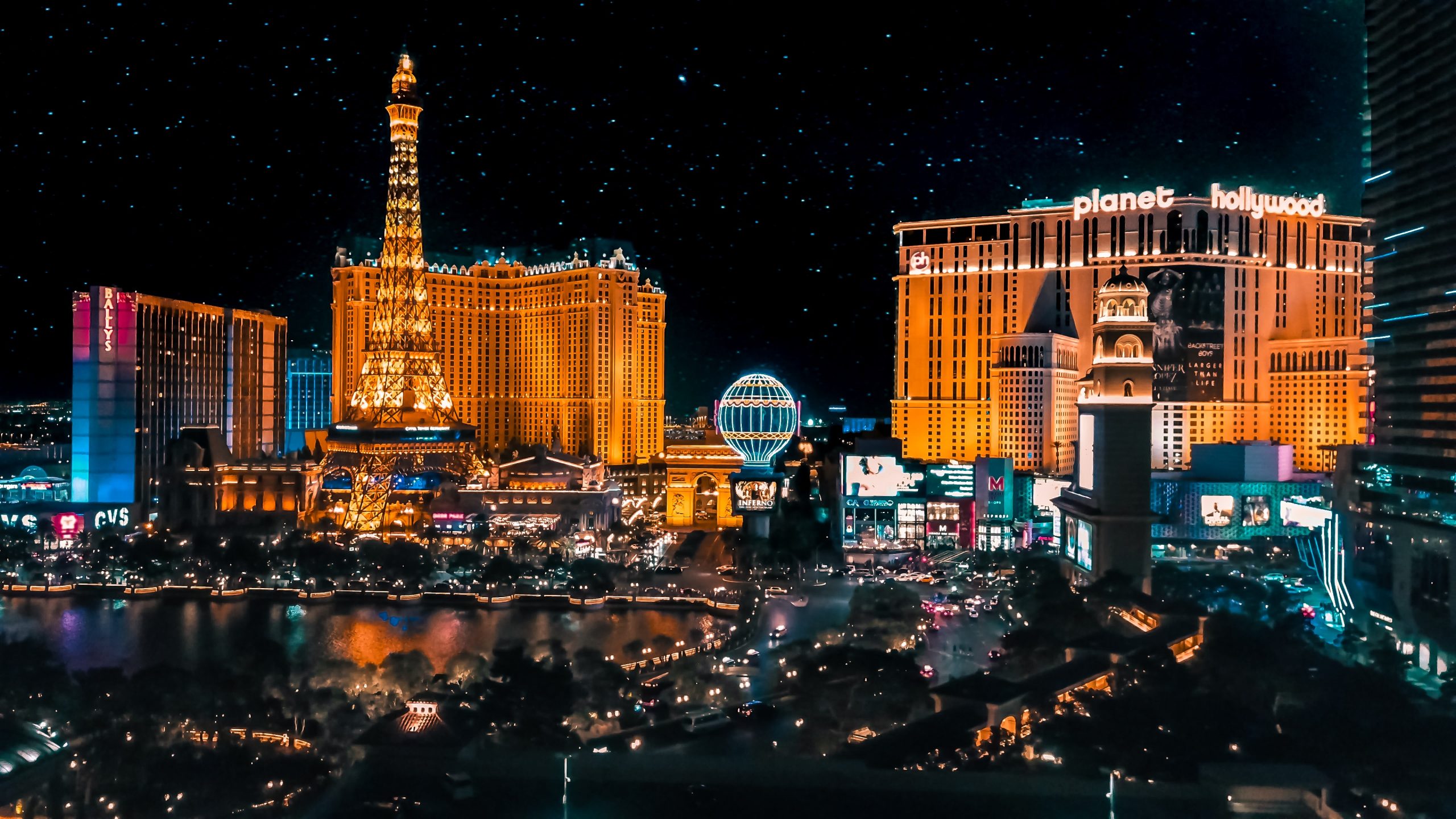The Las Vegas Strip is currently in the midst of a dramatic overhaul to accommodate Formula One racing and its massive influx of enthusiasts. This extraordinary event has reshaped the iconic boulevard, presenting a unique opportunity for the hotel industry to adapt and thrive amidst the fervor of this prestigious sporting spectacle.
As the Formula One races dominate the Las Vegas Strip, traditional attractions like the Bellagio’s renowned fountains and the Venetian’s charming gondola serenades are momentarily eclipsed by the thunderous roar of high-speed racing engines.
Months of meticulous preparation, including extensive roadwork and the erection of temporary grandstands, have dramatically altered the landscape. Termed as “Stripmageddon” by Michael Green, a history professor at the University of Nevada, Las Vegas, the thoroughfare has undergone substantial modifications causing disruptions, yet presenting unprecedented opportunities for hoteliers.
Despite initial projections of sold-out accommodations and peak demand for the most expensive Grand Prix on the F1 calendar, a surplus of tickets was evident just before the event, leading several hotels to slash room rates. Post-event commitments include the restoration of the Venetian gondola canal and the reinstallation of trees removed from the Bellagio sidewalk. Moreover, plans are underway to replace these with thousands of grandstand seats and skybox suites, illustrating an evolution in the offering of accommodations.
Presently, familiar Strip landmarks are concealed behind track barriers, fencing, and advertising structures, altering the typical allure that draws tourists to this vibrant hub of entertainment and luxury.
The inaugural Formula One Las Vegas Grand Prix, part of an extensive 24-race F1 schedule worldwide, is anticipated to draw over 100,000 racing enthusiasts. The 3.8-mile road course will witness elite drivers competing at exhilarating speeds exceeding 200 mph, tracing a path past illustrious properties such as Wynn, Harrah’s, Flamingo, and more.
Amidst these disruptions, the event presents a remarkable opportunity for the hotel industry to showcase its adaptability and resilience. Despite inconveniences, the economic boost expected to exceed $1 billion, alongside the city’s evolving stature as the epicenter of the “fun economy,” signifies a pivotal moment for hoteliers.
Las Vegas, known historically for its casinos and entertainment, is now evolving into a hub for international events, thereby attracting a different genre of tourists and patrons. This shift underscores the hotel industry’s pivotal role in embracing and catering to diverse global events, marking a significant chapter in Las Vegas’ history.
For hoteliers, this event is not merely a disruption but an opportunity to redefine and cater to a new wave of affluent patrons, emphasizing the adaptability and versatility of Las Vegas’ hospitality offerings.
